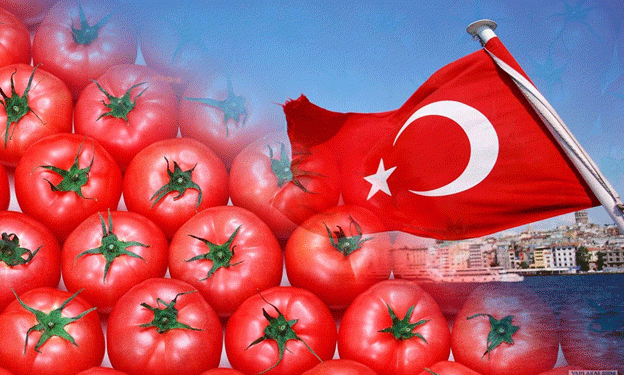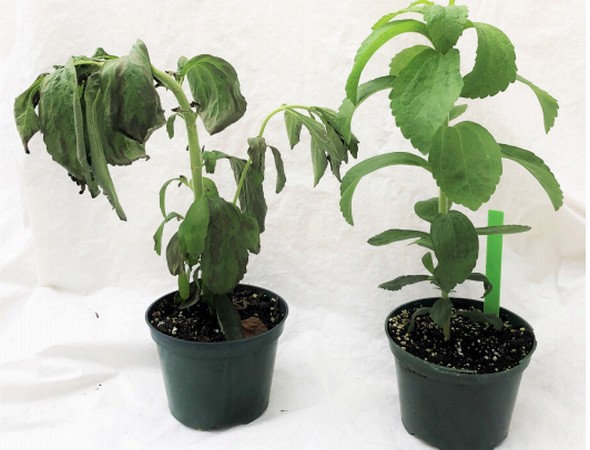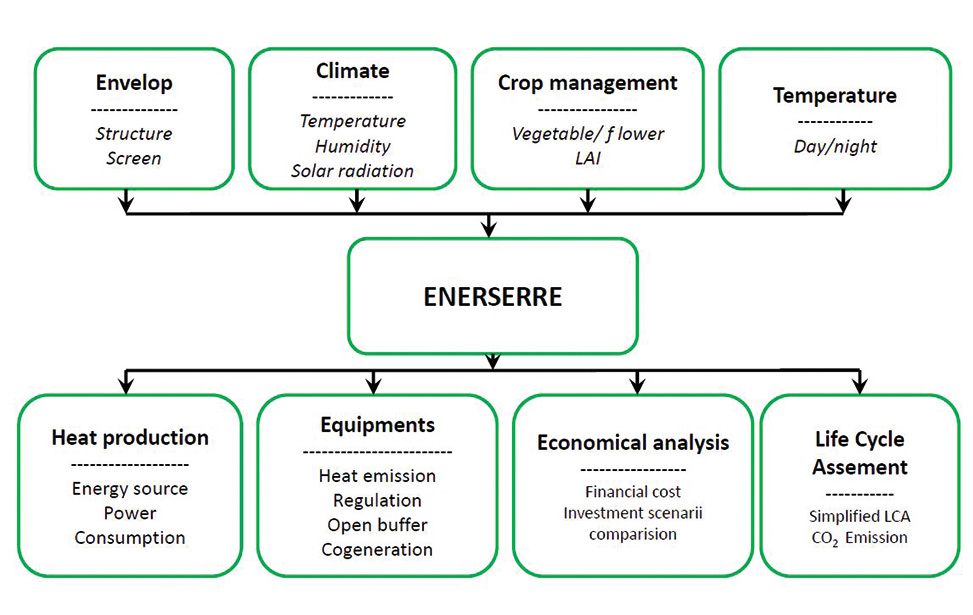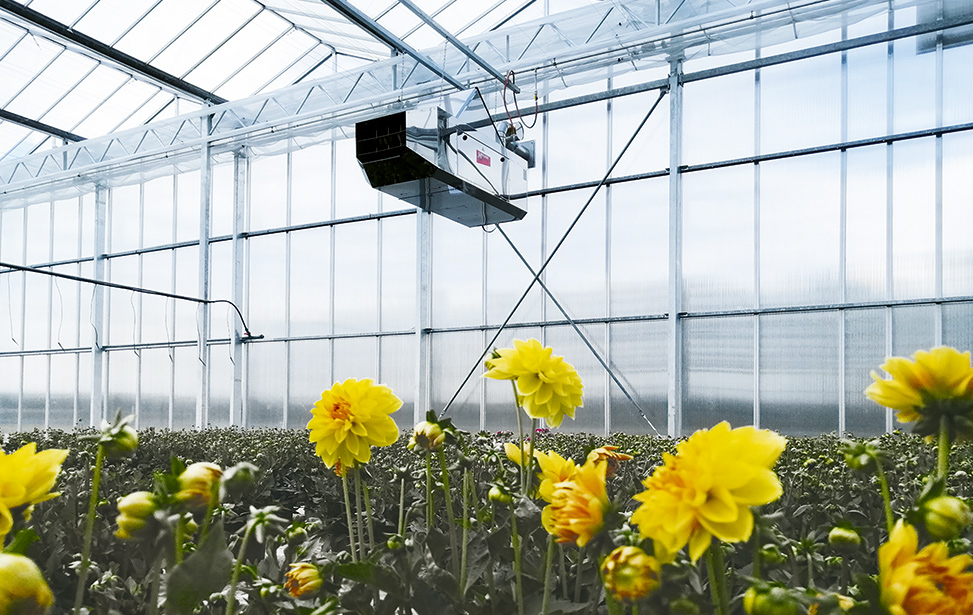In what is becoming an alarming trend, Russian agricultural authorities have intercepted yet another infested shipment of Turkish tomatoes, this time containing live larvae of the South American tomato moth (Tuta absoluta)—a notorious quarantine pest. The recent detection occurred at the Sirius temporary storage facility (СВХ “Сириус“) in Kaliningrad Region, where phytosanitary inspectors identified live caterpillars in 2 out of 20 tonnes of imported tomatoes.
According to the Kaliningrad office of Rosselkhoznadzor, this is not an isolated incident. Since the beginning of the 2024–2025 season, over 100 contaminated shipments of tomatoes from Turkey have been recorded in the region. Laboratory tests conducted by the Kaliningrad branch of the Federal Center for Plant Quarantine (FGBU “VNIIZŽ”) confirmed the presence of viable pests.
Tuta Absoluta: A Growing Global Threat
Tuta absoluta, originally native to South America, has emerged as one of the most destructive pests for tomato crops globally. It has spread across Europe, North Africa, the Middle East, and Central Asia, with devastating economic consequences. According to FAO data, yield losses caused by Tuta absoluta can reach 80–100% in uncontrolled infestations, and even under active management, damage levels of 20–30% are common.
This moth’s resistance to pesticides, rapid reproduction rate, and capacity to survive under protected cultivation systems (like greenhouses) make it a particularly difficult adversary. Its larvae burrow into tomato leaves, stems, and fruit, making detection and eradication complicated.
Russian Response and Regulation
In accordance with the Eurasian Economic Union’s Unified Quarantine List, Tuta absoluta is a designated quarantine pest, and the importation of contaminated plant products is strictly prohibited. In the recent Kaliningrad case, the contaminated 2-tonne batch was denied market entry and sent for mandatory disinfection.
Rosselkhoznadzor has reiterated that all imported plant products must be certified free of viable quarantine organisms and meet the phytosanitary standards of the Russian Federation and EAEU regulations. Continued violations could lead to temporary bans or stricter controls on Turkish vegetable imports, echoing similar actions taken in 2020 and 2021.
Economic and Strategic Implications
Russia’s tomato market remains partially dependent on imports, with Turkey being one of the top suppliers. In 2023, Turkey exported over 330,000 tonnes of fresh tomatoes, with Russia as a key destination. However, recurring phytosanitary issues undermine market trust and food safety, and pose a direct threat to the expanding domestic greenhouse sector, which produced over 1.64 million tonnes of vegetables in 2023.
Local farmers and agronomists express concern that even limited exposure to Tuta absoluta could lead to outbreaks in protected facilities, requiring expensive pest management and risking significant crop losses.
The repeated detection of Tuta absoluta in Turkish tomato imports raises serious concerns for Russian agricultural security. While authorities have taken prompt action, the persistence of the issue signals a need for stricter import oversight, improved supplier accountability, and expanded domestic production to reduce dependency on potentially risky imports. Biosecurity is no longer a technical matter—it’s a strategic priority.










